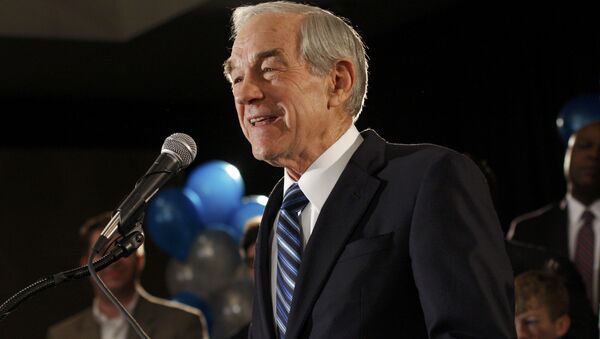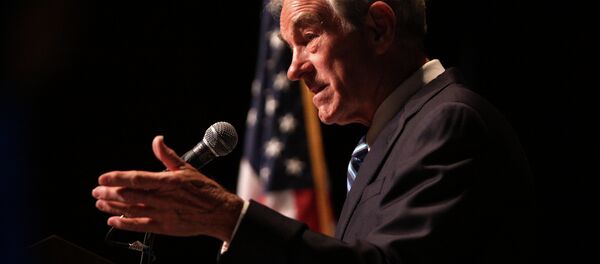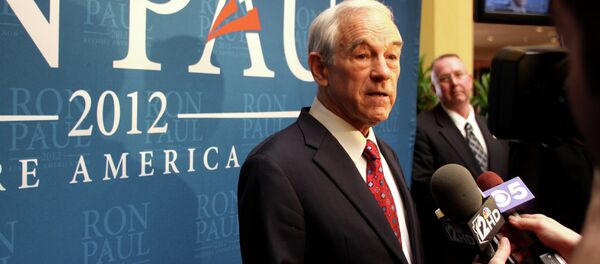Major media outlets have painted Monday night’s riots in Baltimore as an expression of anger over police brutality against minorities. The events occurred after the funeral of Freddie Gray, who died in police custody, and the world watched as businesses were looted and cars were lit on fire.
But speaking with Infowars, former US Congressman Ron Paul noted an underreported factor in the outrage. Inner city frustrations stem, by and large, from economics, and until that fact is recognized, the situation will only grow worse.
"We know about the militarization of the police and their overreaction in the drug war,” Paul told the Alex Jones Show on Thursday. “We also noticed that some people who are on the receiving end of excessive police force are overreacting too and people can get pretty nervous about that as well, but the big, overwhelming thing that drives the problem in the inner city is back to economics."
Paul goes on to criticize the Keynesian structure that the US economy is built on, which ensures that the rich stay rich and inflates the ever-growing wage gap.
"If we had a thriving economy, the problems in the inner city wouldn’t be there, but when you have an entitlement system, Keynesian economics and the Federal Reserve fixing it up for the rich to get richer and the remaining part of the middle class, the upper middle class that might be remaining, the rich even go after them to try and keep this [system] going."
And given the approaching devaluation of global currencies, that economic structure will eventually collapse.
"One thing for sure, we don’t know when this is going to end, but it will end," Paul said."There’s never been a paper currency that lasts for an indefinite period of time; they always end and this one [the US dollar] has gone for way too long, it’s bigger than ever."
The frustrations seen in Baltimore could be only the beginning. Paul argues that when the dollar collapses – as it eventually will, since it’s propped up artificially – violent scenes could spread across the country.
"The fundamentals are a disaster and the economy is in bad shape when you have more than half the people hardly making ends meet," he said.
The economic factor in the Baltimore riots is also noted by Louis Hyman, writing for Slate.
"Economists have found that prices for consumer goods can be as much as 15 percent higher for the poor," Hyman writes. "And while Mondawmin Mall may offer employment opportunities for some local residents, it’s not nearly enough to put a dent in a neighborhood unemployment rate of 23 percent."
"The riots reflect fury not just as the police, but at the constraints of the ghetto’s retail economy, where the poor pay more," Hyman adds.





